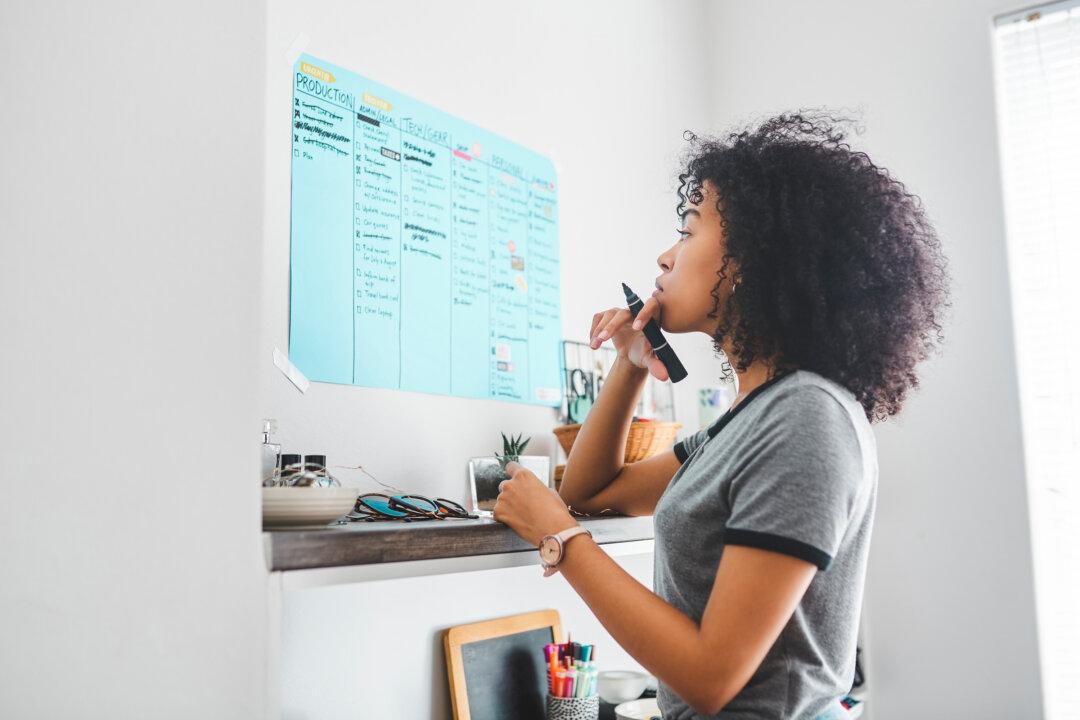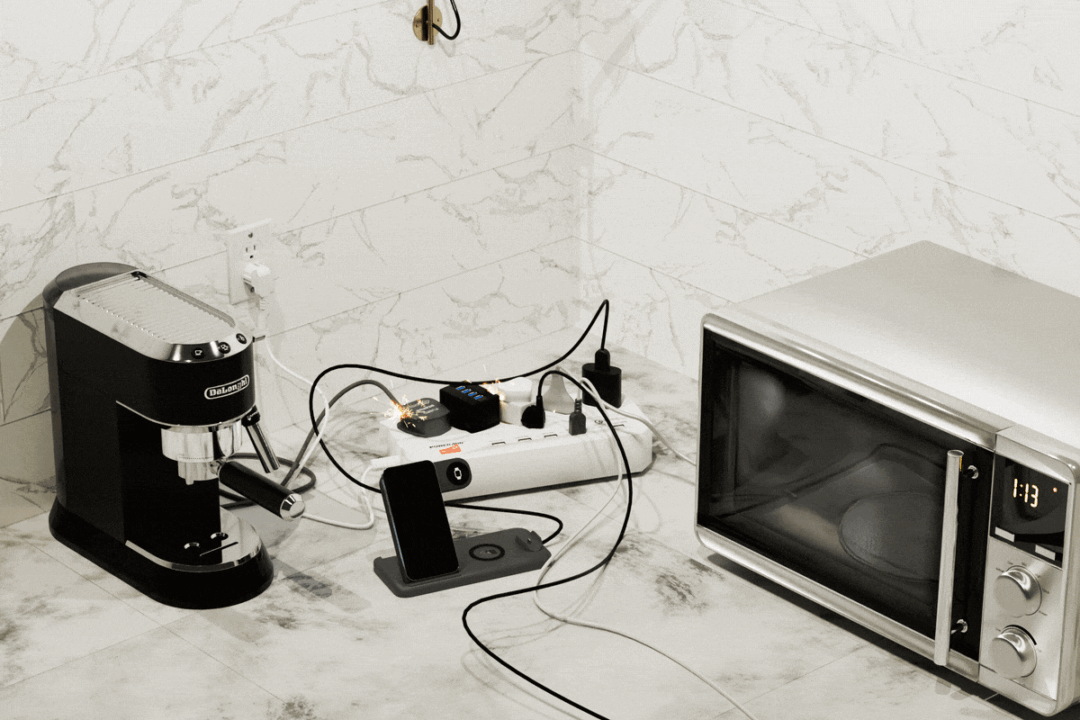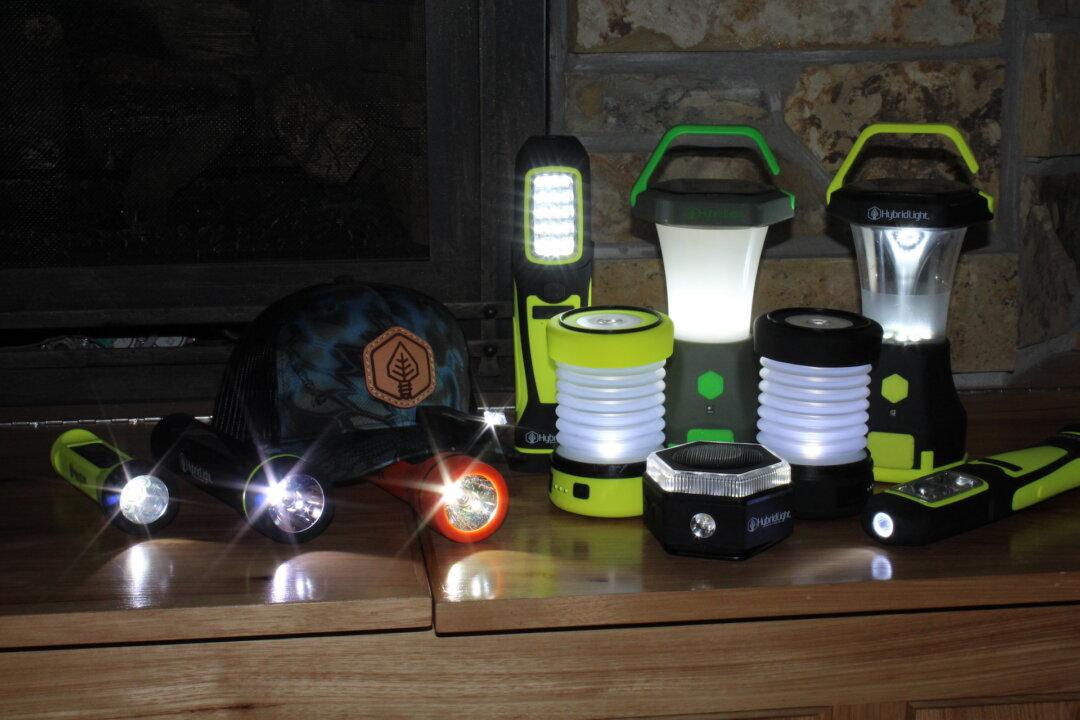Being more productive is a worthy goal, which makes it a common New Year’s resolution. The reason that it often falls by the wayside is that there‘s no clear-cut path to achieve this goal—or is there?
Create a Schedule
One of the first and most important steps is to know what needs to be done; a major step in becoming more productive is being aware of what projects lie ahead, as well as how much effort or assistance they may require. In general, creating and maintaining a To Do list of any kind can help to maximize focus and organization. Ideally, any list would be organized in date order, with those projects due soonest listed at the top. For maximum efficiency, each task should also be briefly described, along with the assets needed to complete it and a list of everyone on the project.This calls for using a calendar to identify tasks to be completed, along with the desired due dates. By knowing when a task must be completed, a look at a calendar reveals how much time is available to make it happen.






